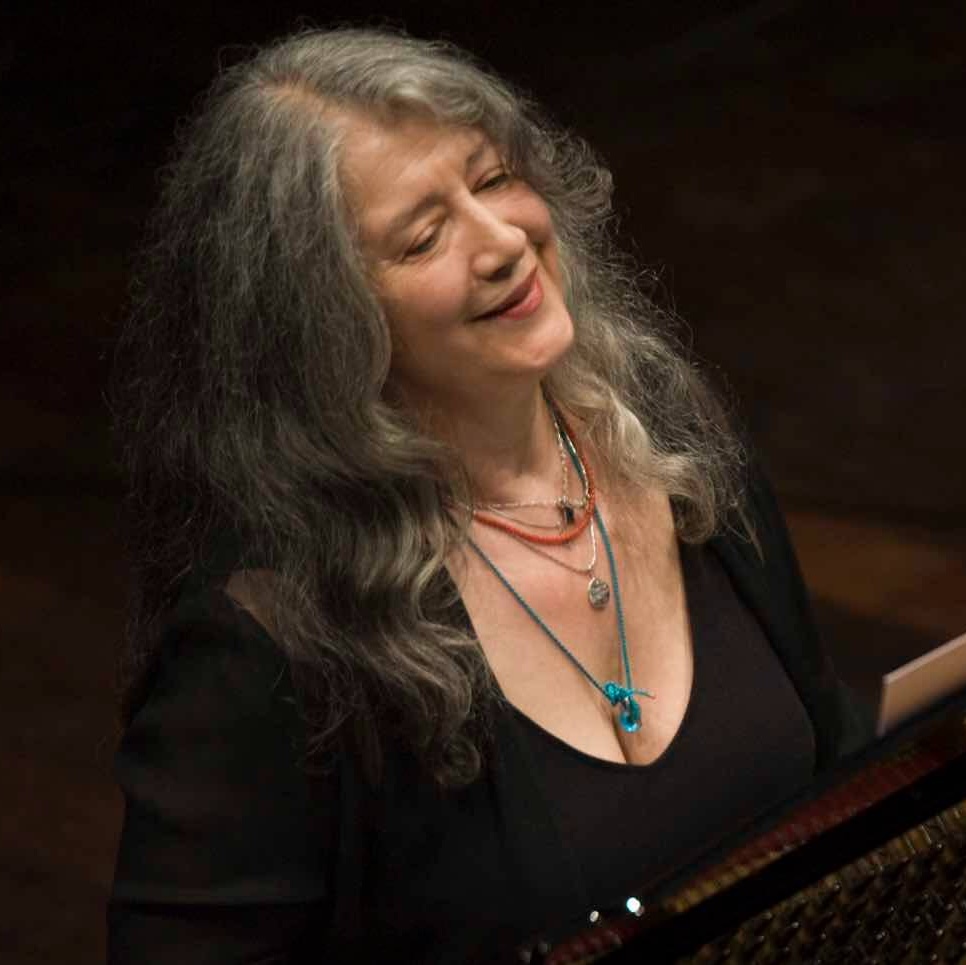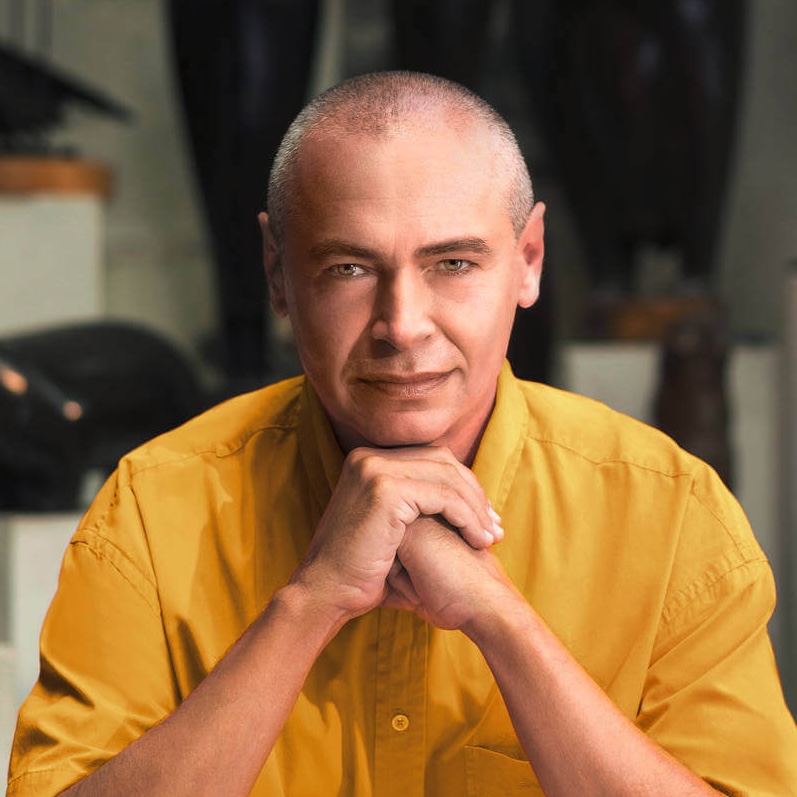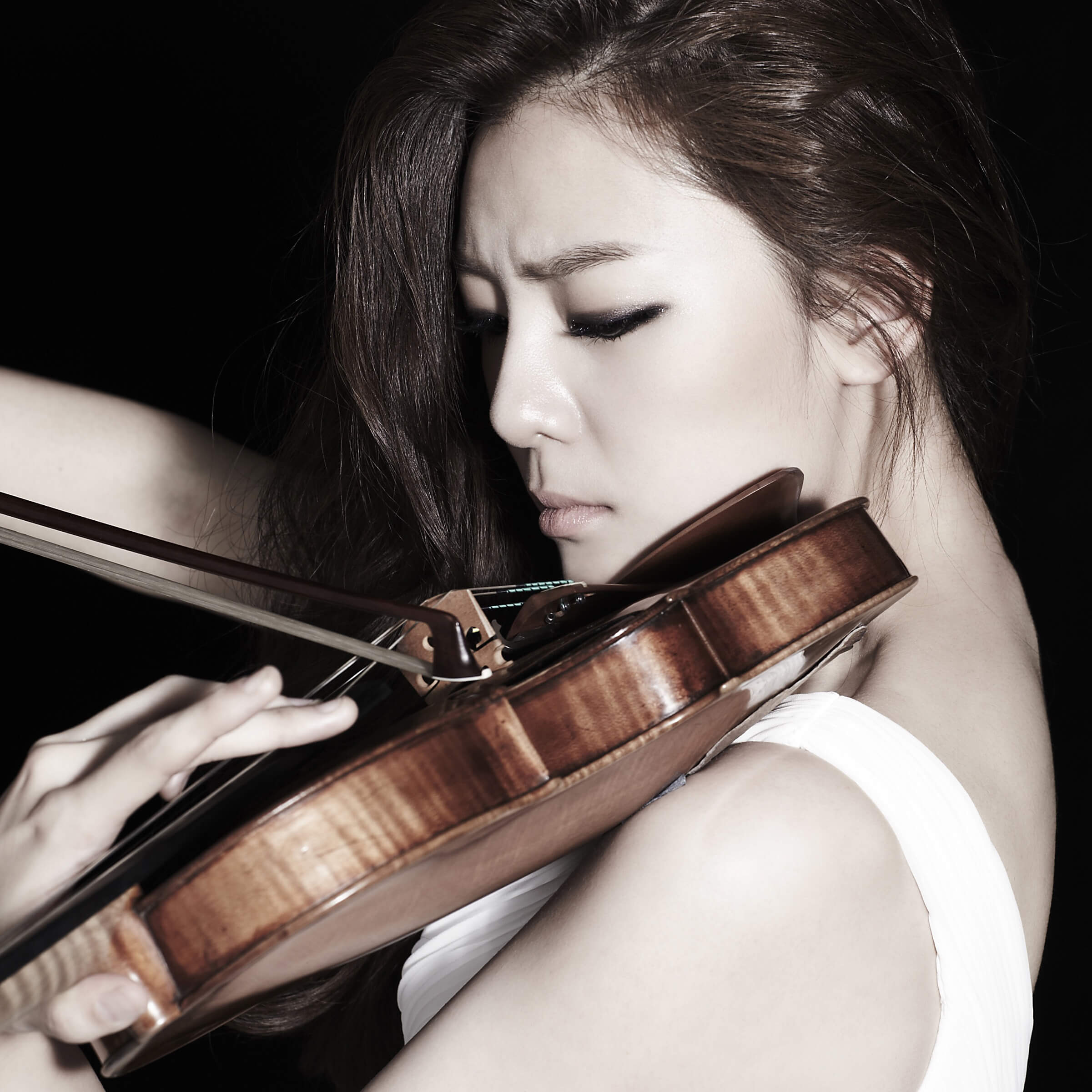Radu Lupu
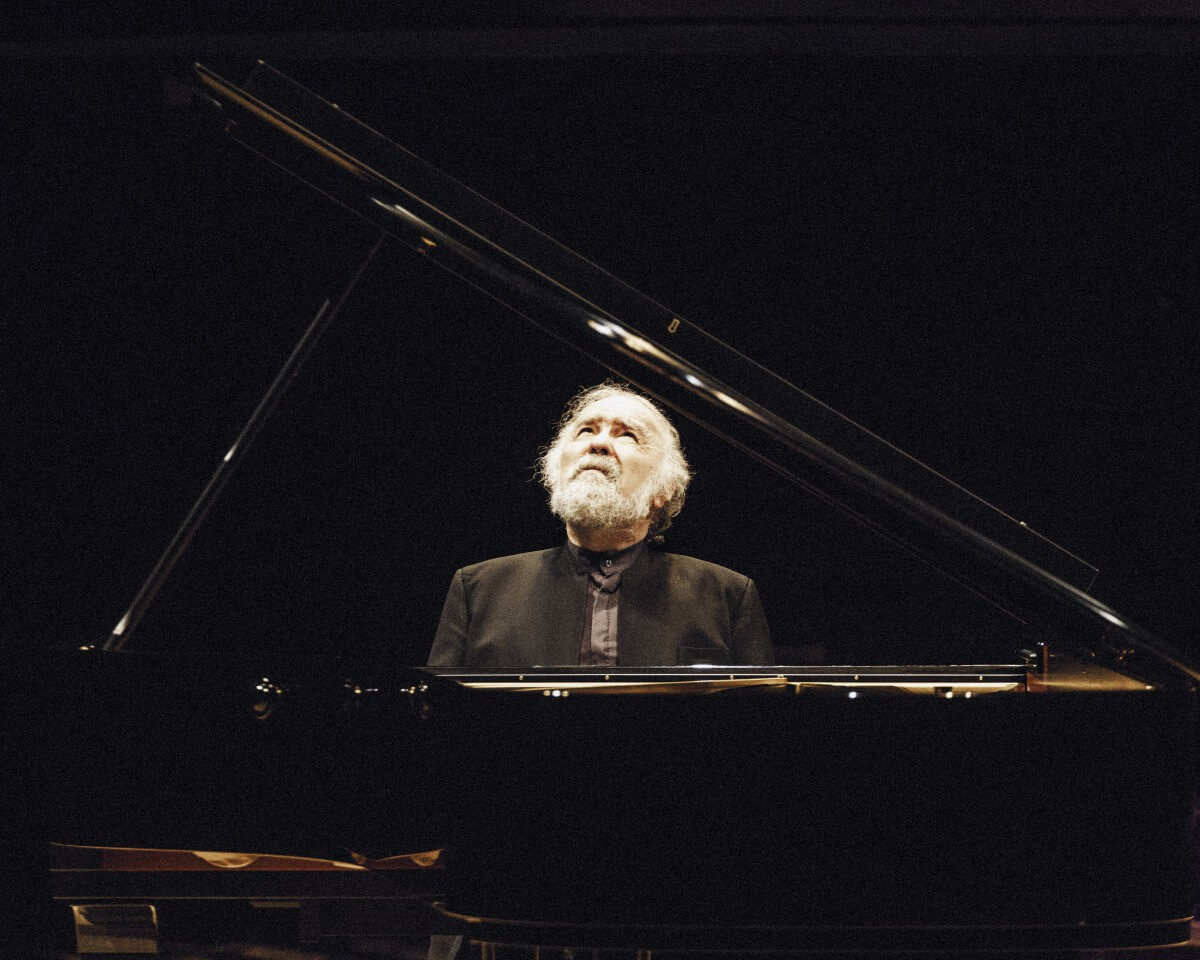
Role
Pianist
Country
Romania
Hearing Radu Lupu in concert is an experience like no other. Touchy, even bushy, he seems possessed by the music alone as soon as he sits down, his back firmly seated in his chair, supple and as if settled in communion with the works from which he extracts all the juice.
Secretive, not very sensitive to media hype, a perfectionist, he favors a noble and quintessential art acquired in Bucharest from masters such as Florica Muzicescu (who taught Dinu Lipatti), then in Moscow from Heinrich Neuhaus who influenced Gilels as much as Richter.
Capable of dispensing sounds of aquatic fluidity and golden softness, of caressing the piano or shaping sound paste, he can be successively or simultaneously a painter, sculptor and architect. The journey he offers through Beethoven, Schubert, Brahms and Debussy has the colors of the rainbow. We must hear the impalpable, the unheard, that only the magic of a presence can restore.
Like his compatriot, the conductor Sergiu Celibidache, he has decided to stop recording, he who, with his publisher Decca, recorded for eternity incomparable versions of the keyboard works of Schubert, Schumann, Brahms, and brought out all the poetry of Mozart's Sonatas for piano and violin with Szymon Goldberg.
It seems to clearly fit into Debussy's definition of music: "Extreme complication is the opposite of art. Beauty must be perceptible, must give us immediate pleasure, must impose itself or insinuate itself into us without us having to make any effort to grasp it."
Thank you! Your submission has been received!
Oops! Something went wrong while submitting the form.
.jpg)

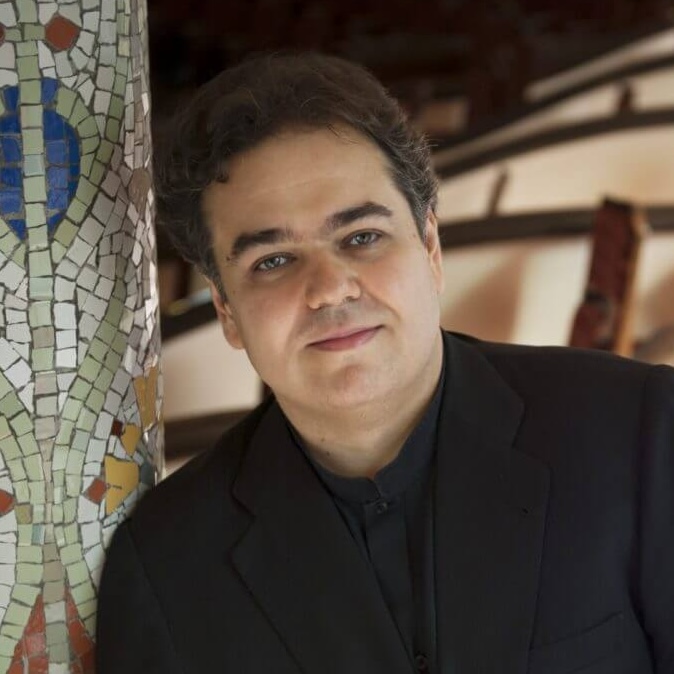
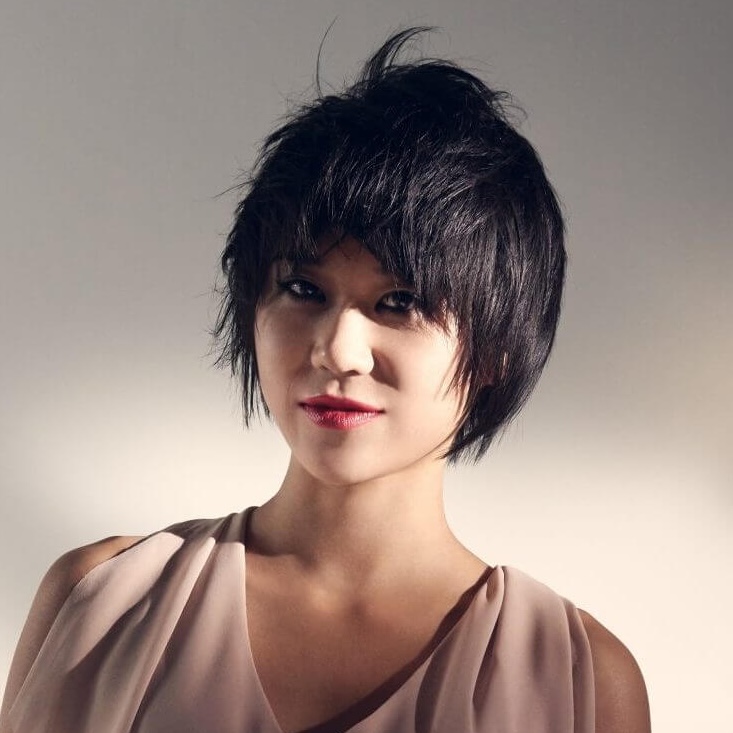
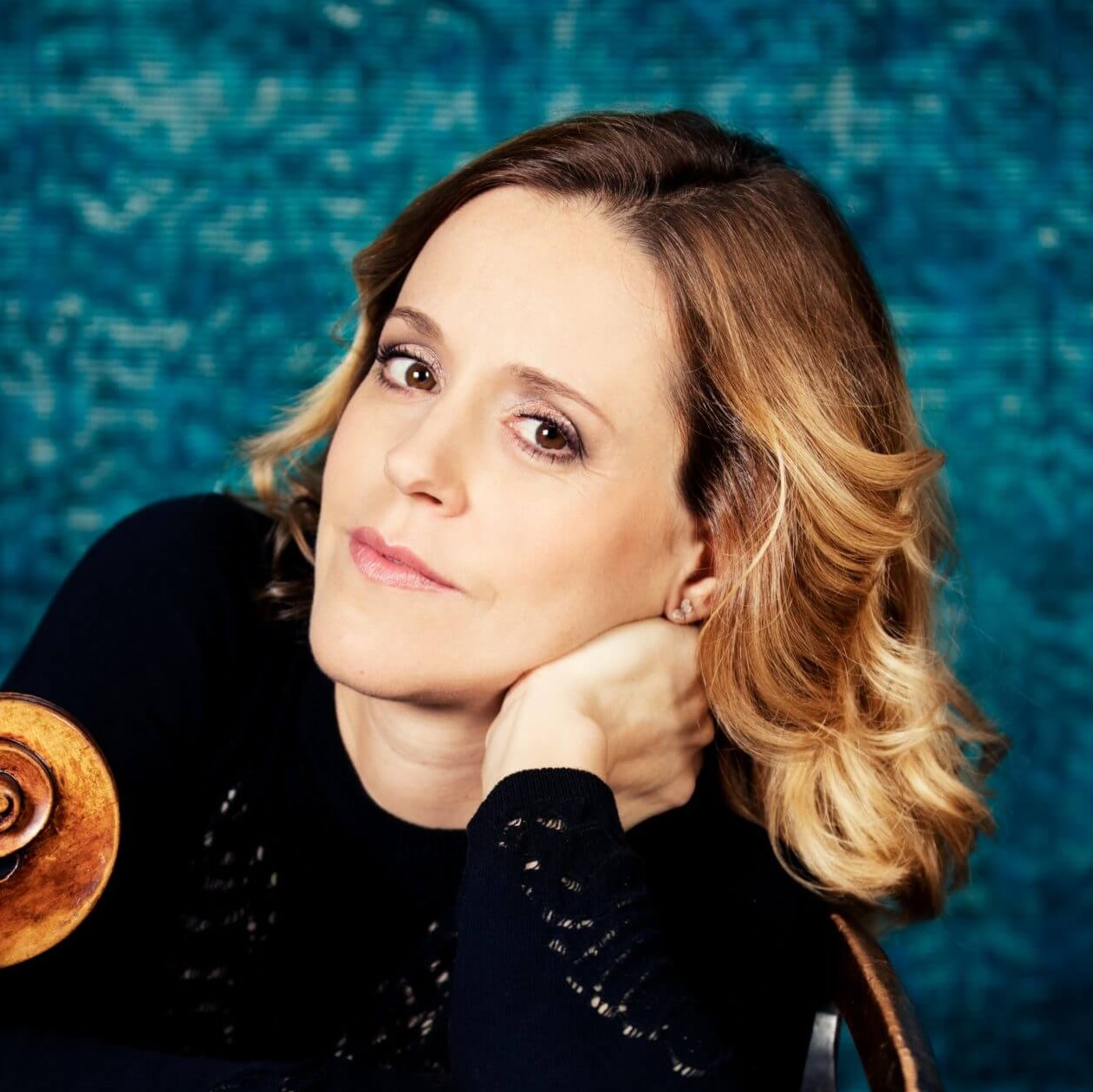

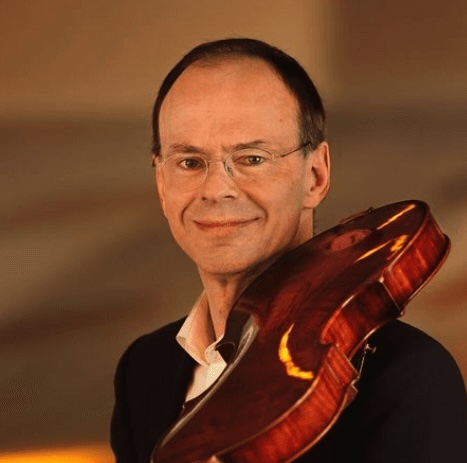
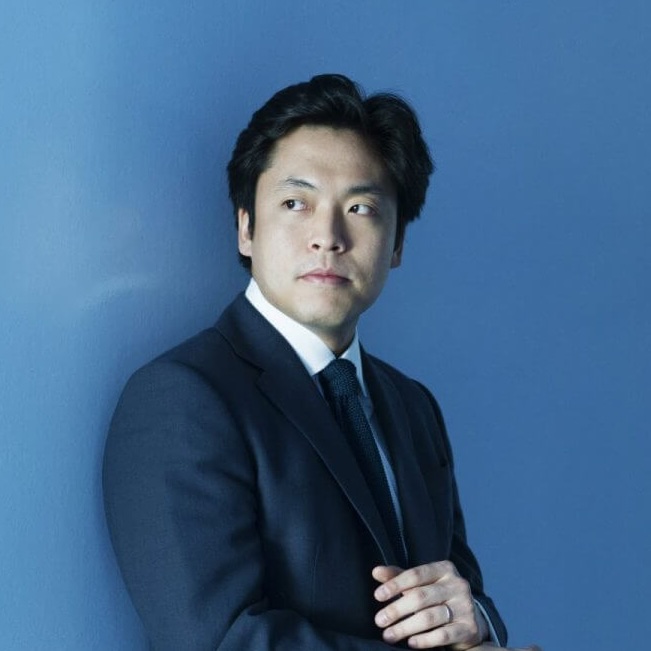
Marco%20Borggreve_1.jpg)
